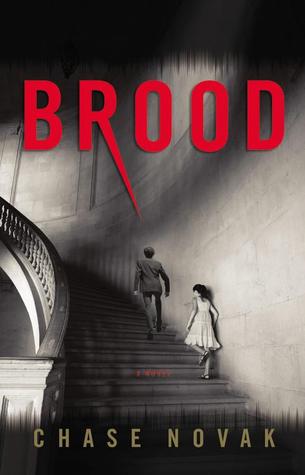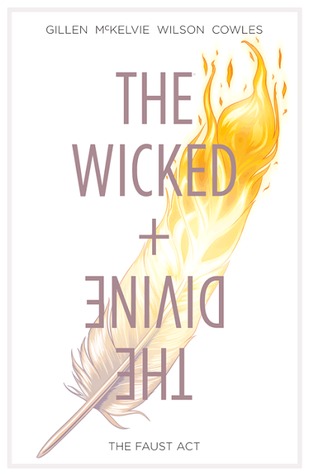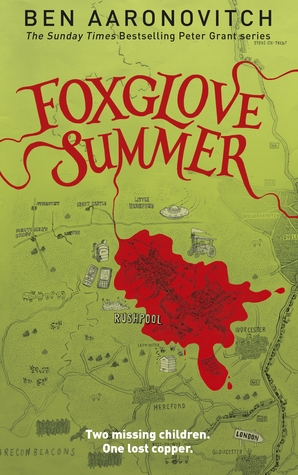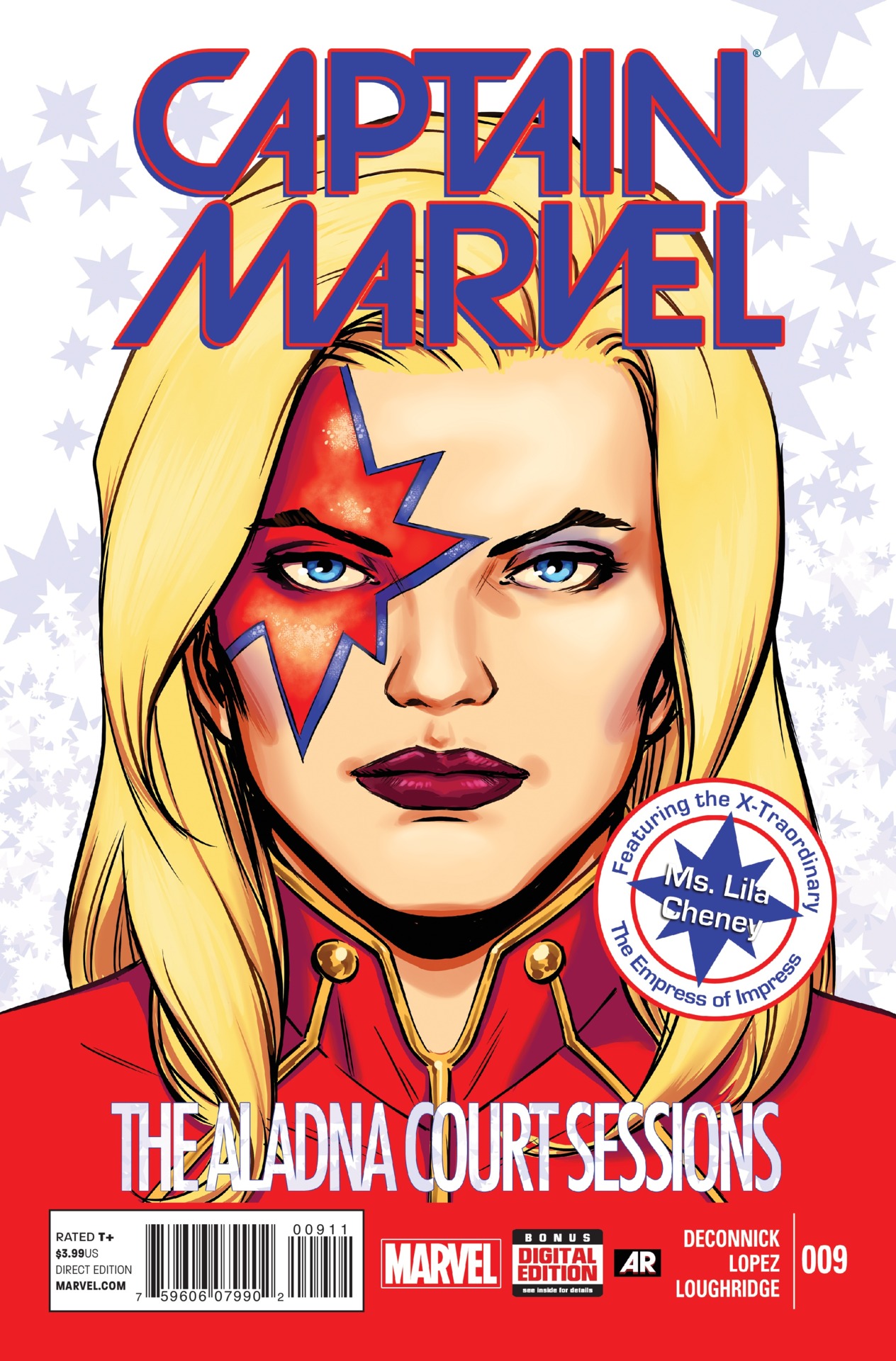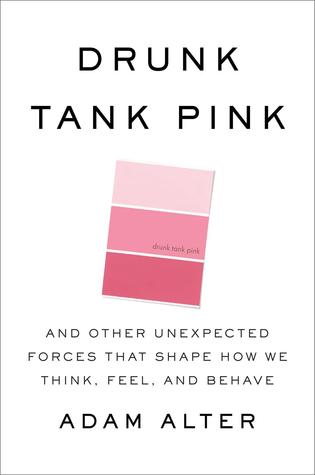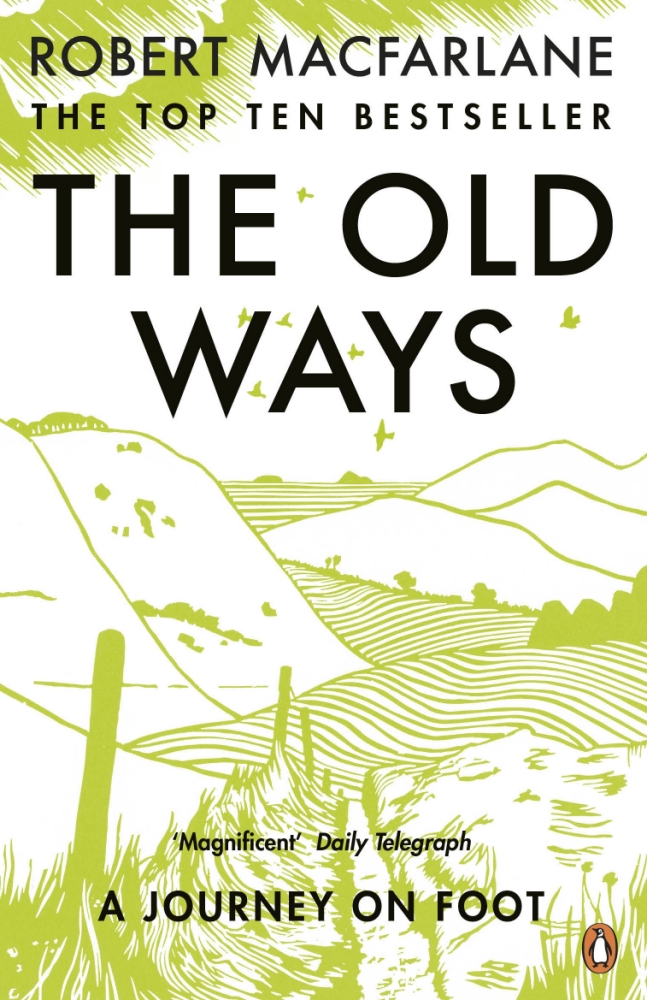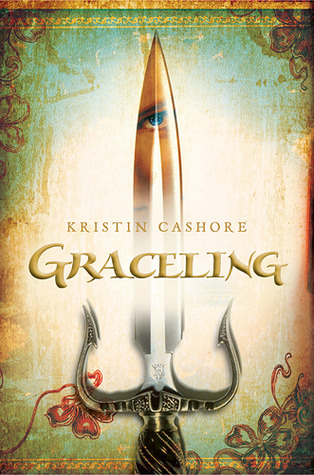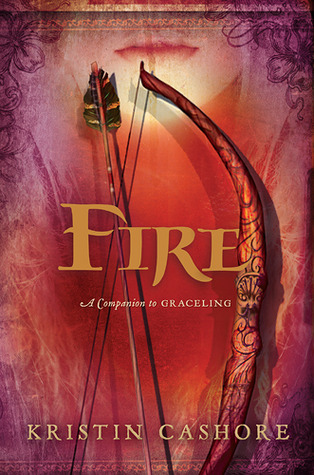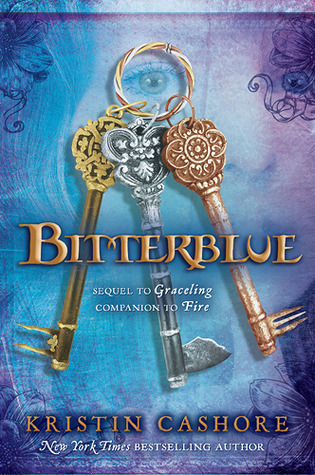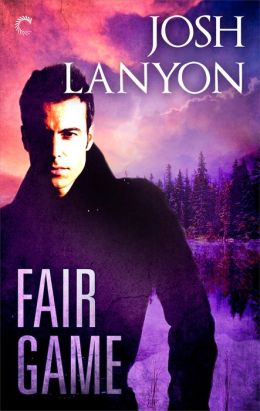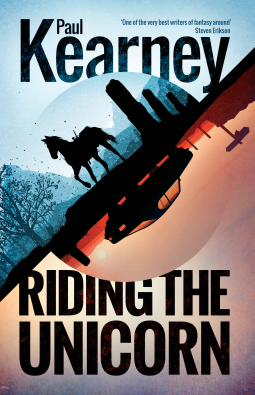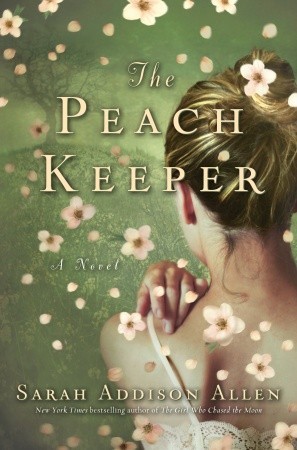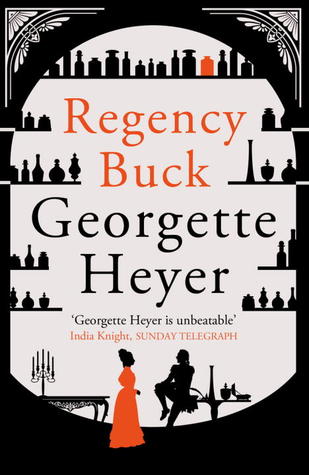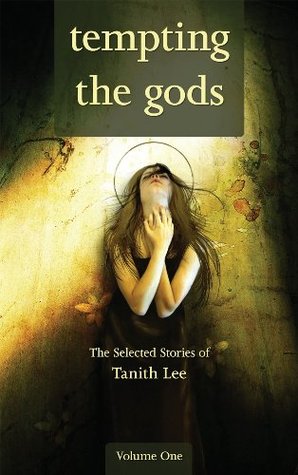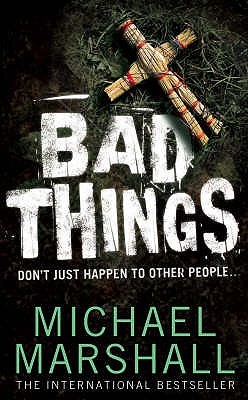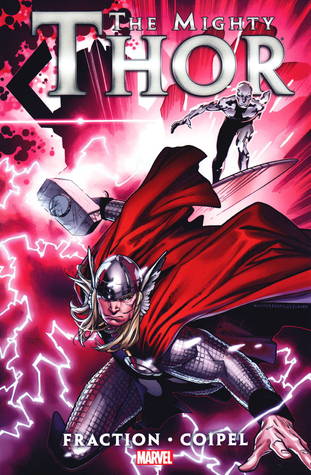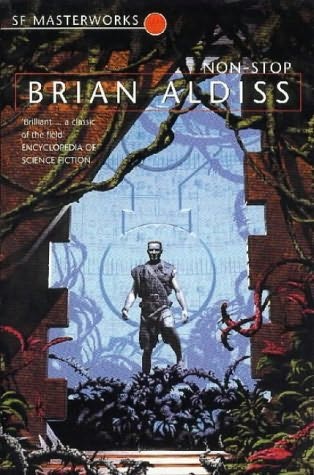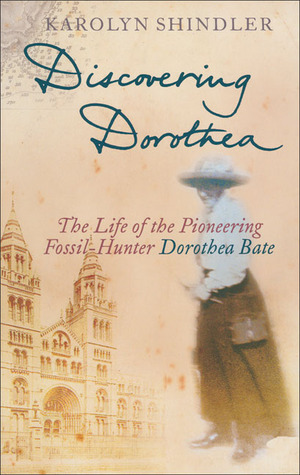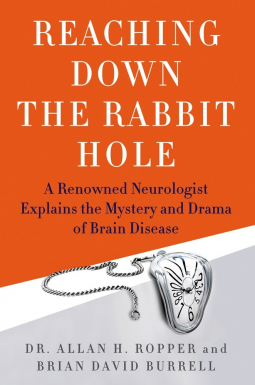 Reaching Down the Rabbit Hole, Brian Burrell, Dr. Allan Ropper
Reaching Down the Rabbit Hole, Brian Burrell, Dr. Allan Ropper
Received to review via NetGalley
Reaching Down the Rabbit Hole is a really fascinating book. It’s a little fictionalised, so we get dialogues and little portraits of character, enough that we can care about the cases discussed. Dr Ropper is pretty much everything an ideal doctor should be: knowledgeable, capable of acting fast, capable of explaining complex processes clearly, intuitive, willing to listen, willing to admit he’s wrong… At every stage, he emphasises to the reader and to the residents he’s teaching that each case is individual, that the right answer for one person isn’t the right one for the next, and so on.
There are a couple of very good chapters on Parkinson’s and ALS, some fascinating things like the fact that an ovarian teratoma can cause seizures and all sorts of neurological symptoms, etc. At every turn, it demonstrates the complexity of the brain, the limits of our understanding.
What nearly spoiled it all for me was the fact that Ropper really does revert to talking about hysteria. When I quoted a section to my mother, a psychiatrist, she texted back to ask if the book was written in 1899 — that’s how out of date that section seems. For the most part, he even seems sympathetic to these patients, which is more than I can say for a lot of people who dismiss hysteria/psychosomatic illnesses/conversion disorder, etc. But in this case there seems to be a barrier in his thinking: he sees a young woman with a teddy bear, and he immediately chalks it up to hysteria. Whatever her symptoms: hysteria is the answer. Sure, he dresses it up as “conversion disorder”, but what he means is still pretty much the Victorian hysteria. He uses that term as a direct synonym for conversion disorder, psychosomatic problems, etc.
And it’s exactly that attitude that makes life difficult for people who have mental illnesses, insight and even a glimpse of the way that people are going to look at them. If I’m going into a doctor’s office with some problem, I prepare myself for the inevitable questions about my levels of anxiety, my depression during the last few weeks, is there anything at home I’m struggling with… Because there’s a diagnosis of GAD and depression right there in my file, I know that nine out of ten doctors will listen to my symptoms and hear only psychosomatic. And some of those will even blame me for that — me, the thinking rational person — even though I could no more help it than I could pick the stars out of the sky.
I started having horrible stomach pains in 2010, my second year of university, at the same time as I started a pretty steep descent into anxiety. Doctors were reasonably sympathetic, but continually told me that what was happening to me, whatever it was, just happened because of my anxiety. Here’s a pill, take it and everything will go away. And I believed them: the pain had to be in my head, because I have an anxiety disorder. I knew they wouldn’t believe in the pain and so I didn’t either.
Even at the point where my physical symptoms were completely blatant, when you could do a physical exam and precisely locate the source of the pain, my GP was reluctant to send me for an ultrasound because, in his opinion, I was probably just stressed about my master’s degree. He repeatedly asked if I was happy, if I was sure I was doing the right thing in my career, while I was trying to ask for pain relief. When eventually I pushed hard enough, he sent me for an ultrasound, warning me that I was wasting everyone’s time.
My gallbladder was packed with stones, and the only option was to remove it.
At one point in this book, Ropper discusses signs and symptoms. Symptoms are what the patient reports; signs are what the physician observes. Don’t stop listening to the symptoms just because you think you can see the signs. Don’t get blinded to one thing because another has already been diagnosed.
Rating: 4/5
